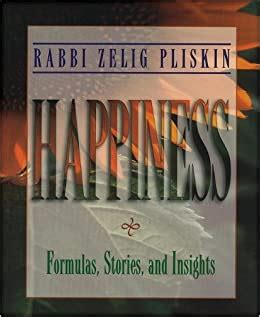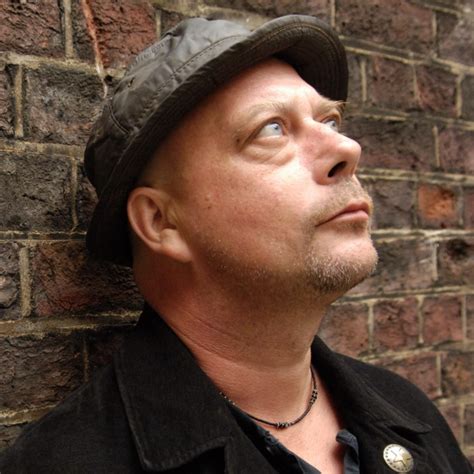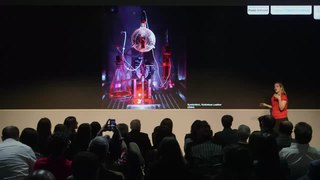A Quote by Marc Newson
I have a lot of objects in my space, little things, reminders, memories.
Quote Topics
Related Quotes
Little things do matter. Sometimes, little things matter the most. Everybody pays a lot of attention to big things, but nobody seems to understand that big things are almost always made up of little things. When you ignore little things, they often turn into big things that have become a lot harder to handle.
A master of happiness will appreciate what he or she has while they have them and the moment any specific thing is gone or lost, the focus will be on other things to appreciate and be grateful for. At times, this could be gratitude for the memories that remain. Material and physical objects are temporary, memories are forever.
In the physical universe, there are objects that include suns, planets, all life, and all matter in all dimensions. And then there is the space where all these things exist. That space is the vital element. For virtually every kid since 1968 who picked up a guitar to find his voice on the instrument, Jimmy Page has been the space that enables all our notes to be played.
For it is only framed in space that beauty blooms. Only in space are events and objects and people unique and significant-and therefore beautiful. A tree has significance if one sees it against the empty face of sky. A note in music gains significance from the silences on either side. A candle flowers in the space of night. Even small and casual things take on significance if they are washed in space, like a few autumn grasses in one corner of an Oriental painting, the rest of the page bare.
You have your wonderful memories," people said later, as if memories were solace. Memories are not. Memories are by definition of times past, things gone. Memories are the Westlake uniforms in the closet, the faded and cracked photographs, the invitations to the weddings of the people who are no longer married, the mass cards from the funerals of the people whose faces you no longer remember. Memories are what you no longer want to remember.








































